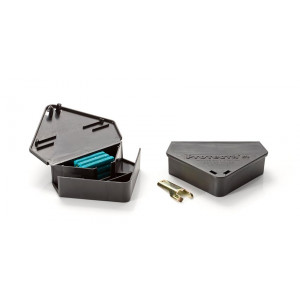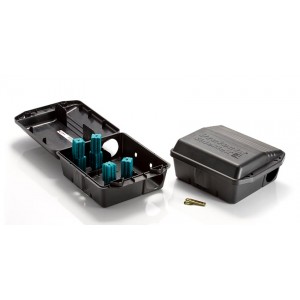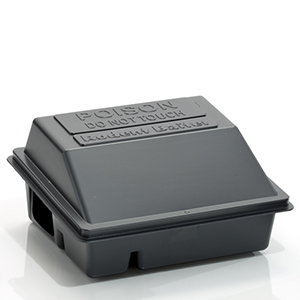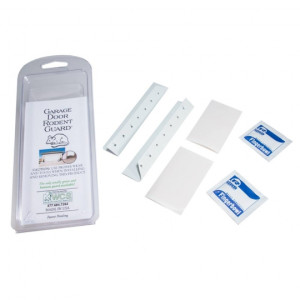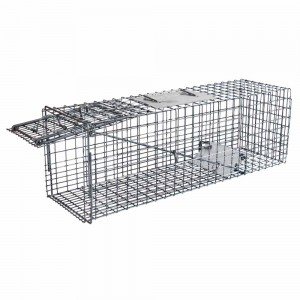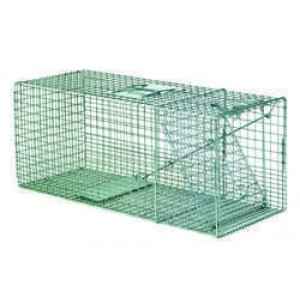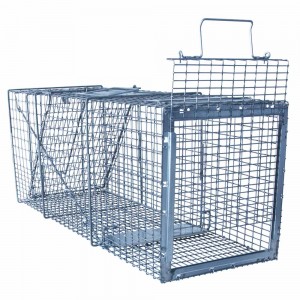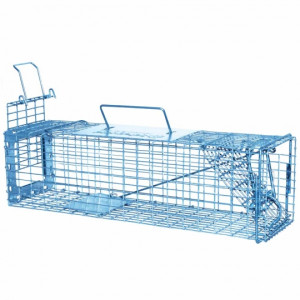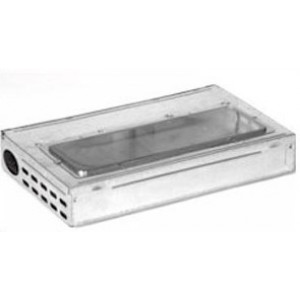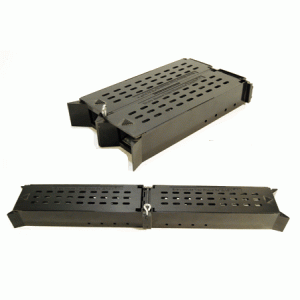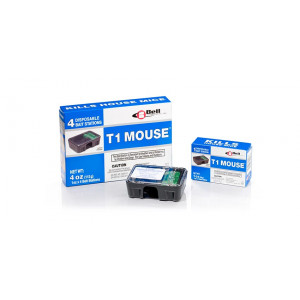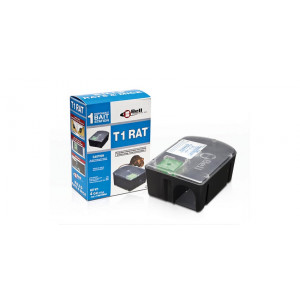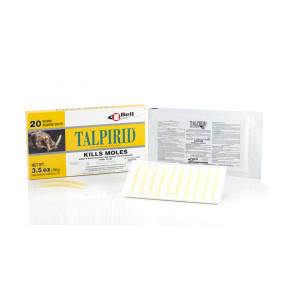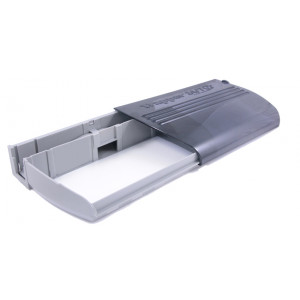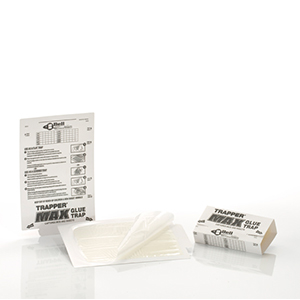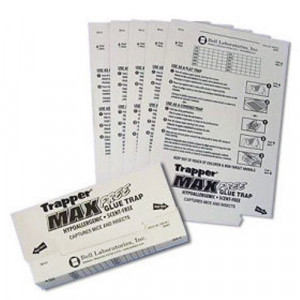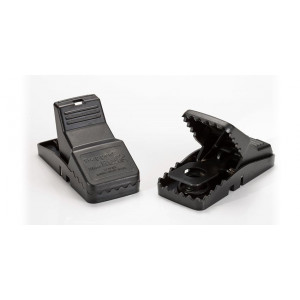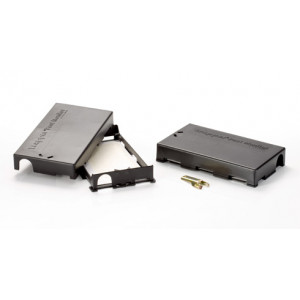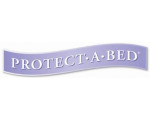Rodents
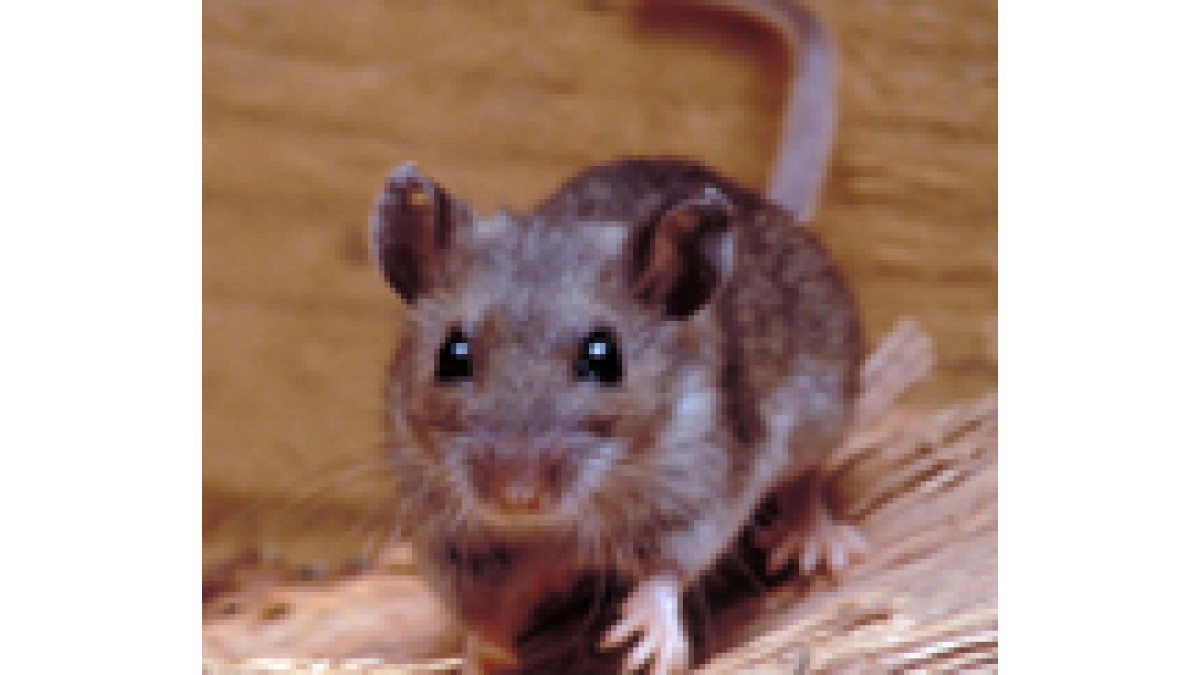
According to the CDC, worldwide, rats and mice spread over 35 diseases. These diseases can be spread to humans directly, through handling of rodents, through contact with rodent feces, urine, or saliva, or through rodent bites. Diseases carried by rodents can also be spread to humans indirectly, through ticks, mites or fleas that have fed on an infected rodent.
Diseases carried by rodents can also be spread to humans indirectly, through ticks, mites or fleas that have fed on an infected rodent. The primary strategy for preventing human exposure to rodent diseases is effective rodent control in and around the home. This is achieved by eliminating any food sources, sealing even the smallest entries into homes, and successfully trapping rodents in and around the home.
Urine and Droppings
Take precautions before and during clean up of rodent-infested areas. Before cleaning, trap the rodents and seal up any entryways to ensure that no rodents can get in. Continue trapping for a week. If no rodents are captured, the active infestation has been eliminated and enough time has passed so that any infectious virus in the rodent’s urine/droppings or nesting material is no longer infectious. Before starting clean up of the space, ventilate the space by opening the doors and windows for at least 30 minutes to allow fresh air to enter the area. Use cross-ventilation and leave the area during the airing-out period.
Refine Search
Protecta RTU Mouse Bait Stations Box
Protecta - RTU Bait Station Box -- 12/box (price per station) Compact PROTECTA RTU measures 5 1/4" ..
$33.45
Protecta Sidekick Bait Station - Rat or Mouse - 6 per box
Protecta Sidekick Bait Station - case lots only (6 per case) Minimum order - 1 case of ..
$72.36
PROVOKE Mouse Monitoring Gel 2oz
PROVOKE Mouse Monitoring Gel 2ozMice Can't Resist This Non-Toxic Gel - Buy a case of 9 and savePleas..
$7.59
PROVOKE Rat Monitoring Gel 8oz
PROVOKE Rat Monitoring Gel 8ozEnhance the Effectiveness of Any Trap - Buy a case of 9 and savePROVOK..
$20.38
Rodent Baiters Rat Bait Station - Black 24 per case
Rodent Baiters Rat Bait Station - Black (24 per case) RODENT BAITERS Non-Tamper-Resistant Device..
$87.48
Rodent Guard Kit (2 guards, cleaning cloth, tape)
Garage Door Rodent Guard Kit (2 guards, cleaning cloth, tape) The Garage Door Rodent Guard is a kit..
$22.43
Safeguard - Professional Trap - Chipmunks - #53124 - Front Release
Safeguard - Professional Trap - Chipmunks - #53124 Professional Model Front Release trap- Squirrels..
$98.04
Safeguard - Professional Trap - Raccoon - Front - #53130
Safeguard - Professional Trap - Raccoons - Front - #53130 - Professional Series 30" cage trap ..
$133.27
Safeguard - Professional Trap - Raccoon - Rear - #54130 Slide Release Back
Safeguard - Professional Trap - Raccoon - Rear - #54130 Safeguard Model #54130 Professional..
$158.70
Safeguard 52818 Squirrel Cage Trap 18" x 5" x 5" - Slide Release Back
Safeguard 52818 Squirrel Cage Trap 18" x 5" x 5" - Slide Release Back Safeguard 18" x 5" x 5" cage ..
$105.95
Safeguard 53600 Multi-Catch Mouse Trap - SINGLE
Safeguard 53600 Multi-Catch Mouse Trap (SINGLE) Safeguard Multi Catch mouse trap allows for mu..
$28.63
Safeguard 54600 E-Z Set Mouse Trap
Safeguard 54600 E-Z Set Mouse Trap E-Z Set Mouse Trap(s) are a versatile multiple catch trap that c..
$17.71
T1 Mouse Pre-baited Mouse Bait Station - 4 pack
T1 Pre-baited 1oz Mouse bait station - 4 stations per pack1-oz./28g block pre-loadedBuy a case of 12..
$12.28
T1 Rat Pre-Baited Disposable 4oz Rat Bait Stations
T1 Bell Labs Pre-Baited 4oz Rat Bait Stations (1 per pack) Please note that order totals less than ..
$9.91
Talpirid Mole Bait (20 per box)
Bell Labs - Talpirid Mole Bait - 20 worms per box TALPIRID Mole Bait Scientifically Proven to..
$56.72
Trapper 24/7 Multiple Catch Mouse Trap (12 per case)
TRAPPER 24/7 Sleek, Professional-Looking Multiple Catch Mouse Trap - 12 per case (minimum order 12 ..
$13.49
Trapper Max 2586 – Mouse Glue Boards – 72 per case
Bell Labs - Trapper Max 2586 – Mouse Glue Boards – 72 per case Please note that order totals l..
$24.92
Trapper Max Free Glue Trap (72 per box)
Bell Labs - Trapper Max Free Glue Trap (72/box) Trapper Max Free Glue Trap - extra-large, glue..
$30.82
Trapper Mini-Rex Mouse Snap Traps - 24/box
Bell Labs Trapper Mini-Rex Mouse Snap Traps -- 24 in box TRAPPER Mini-Rex Extra Strength Mouse Sna..
$42.61
Trapper Pest Monitor Bait Station Bell Labs - 12 per case
Bell Labs - Trapper Pest Monitor Bait Station - 12 units in case TRAPPER Pest Monitor Monitor for ..
$50.44

